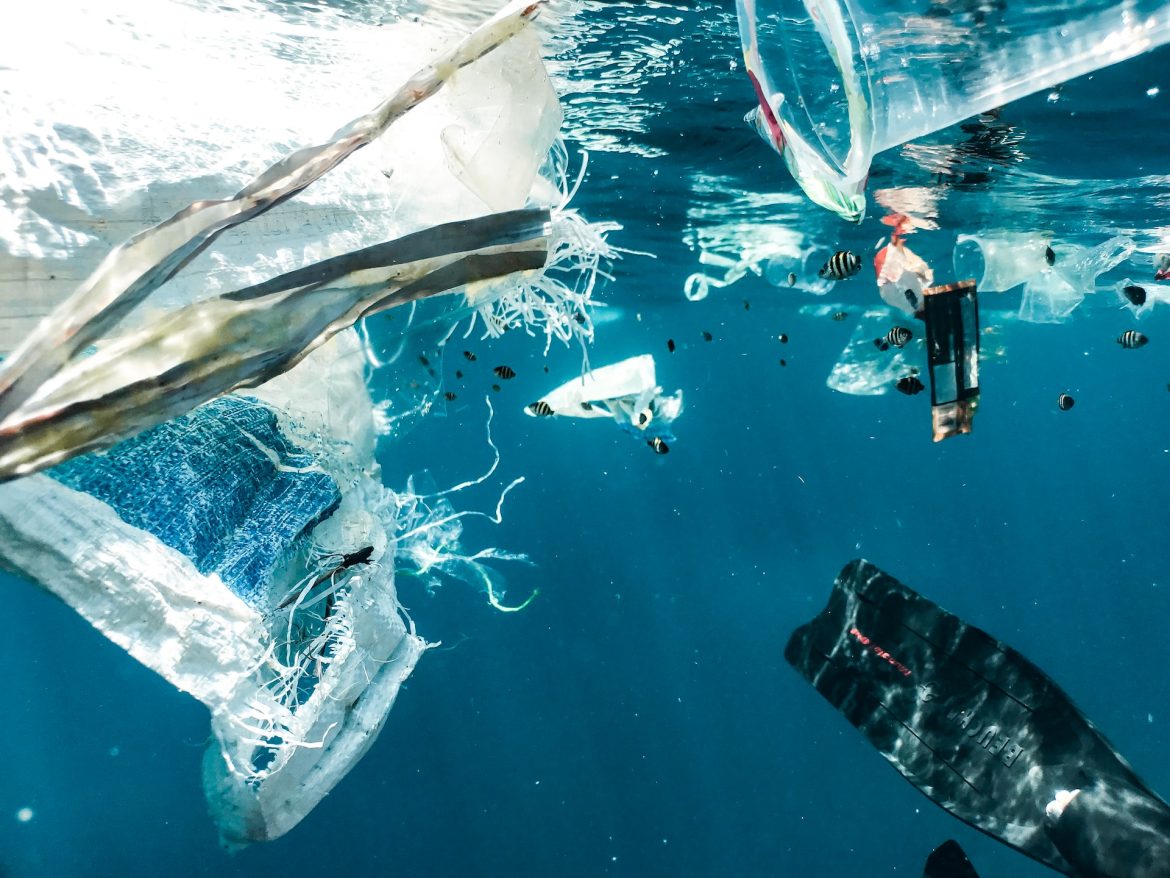The maritime industry plays a vital role in the global economy. Although this is common knowledge, our reliance on the shipping industry was further highlighted in 2021 when a container ship blocked the Suez Canal after running aground. Although the obstruction was resolved within a week, the costly incident served as a vivid reminder of the important role the maritime industry plays in economies around the globe.
There is a generational challenge facing the maritime sector. Within the lifetime of today’s new ships, the industry must shift away from fossil fuels as its main source of energy, but it must do so in the face of legislative, financial and technical uncertainty.
The maritime industry relies heavily on oil, a high-carbon fossil fuel, and contributes about 3% of global emissions annually. As a result, the sector is under increasing pressure to curb its greenhouse gas emissions. Although decarbonising the entire sector may sound like a mammoth effort, it is an important step in creating a more sustainable future.
With the maritime industry playing such a crucial role on the world stage, our reliance on the sector begs the question – how can the maritime industry tackle climate change? Or more specific to the sector as a whole, how can the maritime industry combat ocean environment pollution? One of the many answers lies in zero-carbon shipping.
What is zero carbon shipping?
As the name suggests, the aim of zero-carbon shipping is to decrease greenhouse gas emissions emitted by the shipping industry as well as reduce the environmental footprint of the sector. In the maritime industry, zero carbon shipping is essentially the decarbonisation of ship management services as well as other important marine-centric operations.
Over 90% of the world’s trade is carried via our oceans so unfortunately simply putting a stop to shipping is not an answer. The solution lies in implementing more sustainable processes in the day-to-day operations of the maritime industry.
So how can zero carbon shipping combat ocean environment pollution? And what even is ocean environment pollution?
What is ocean environment pollution?
Ocean environment pollution is a combination of artificial chemicals and waste which results in damage to the ocean environment. Often originating from land sources, this specific type of environmental pollution is often a result of waste being blown or washed into our oceans and can damage the health of underwater organisms such as coral reefs and marine animals.
Our oceans absorb roughly 30 – 50% of the world’s excess carbon which is about 50 times more carbon than the atmosphere and 20 times more than plants and soil combined. As a result, committing to reducing ocean environment pollution plays a major role in preserving the planet for future generations.
How can zero carbon shipping combat ocean environment pollution?
Oil and sound pollution, greenhouse gas emissions and water contamination are all different types of ocean environment pollution, much of which results from the global economy’s reliance on the shipping sector. With climate change now well and truly on the global stage, ocean environment pollution is at the forefront of the green revolution. As a result, the maritime sector is facing its first of many challenges to come – decarbonising the industry and lessening its environmental impact on our oceans, seas and waterways.
The maritime industry’s strategy to achieve decarbonisation is not reliant on any one single factor – instead, it requires levers to be pulled across the sector simultaneously. Stakeholders across the maritime industry, such as owners/operators and ship management companies, need to commit to initiatives that will actively reduce the environmental footprint of marine-centric operations.
If the maritime industry is able to minimise its environmental footprint, the sector as a whole should in theory be able to combat ocean pollution by producing less waste as well as relying on more sustainable processes in their day-to-day operations. Many initiatives are already being implemented which can be seen in the increasing popularity of green retrofitting and the introduction of more sustainable fuels as well as the sector’s bid to ditch single-use plastic at sea.
Final thoughts
The shipping industry must transition away from using fossil fuels as its primary source of energy within the lifetime of today’s new ships, but it must do so in the face of political, financial, and technical uncertainty. Our dependence on the maritime sector raises many questions, one being how might the industry address climate change given its critical role on the global stage. Or, more specifically, how can the maritime industry tackle ocean environment pollution and climate change?
Zero-carbon shipping is one of many solutions. The marine sector as a whole should, in theory, be able to minimise ocean pollution by producing less waste and relying on more sustainable methods in their daily operations. A number of environmentally friendly initiatives are already being put in place, as evidenced by the growing popularity of green retrofitting, the introduction of more sustainable fuels and of course, the industry’s commitment to phase out single-use plastic at sea.
Decarbonisation may appear to be a formidable, large-scale challenge when perceived on a global scale. However, the shipping industry has previously navigated three major energy transitions over the course of its lengthy and colourful history – from manpower to wind, wind to coal and most recently, from coal to oil. The chance to decarbonise the shipping sector is a once-in-a-generation opportunity. Both developed and developing countries alike stand to benefit from decarbonisation and the implementation of zero-carbon shipping, as a wide range of business and development opportunities tap into a more adaptive and accessible zero-carbon market.




